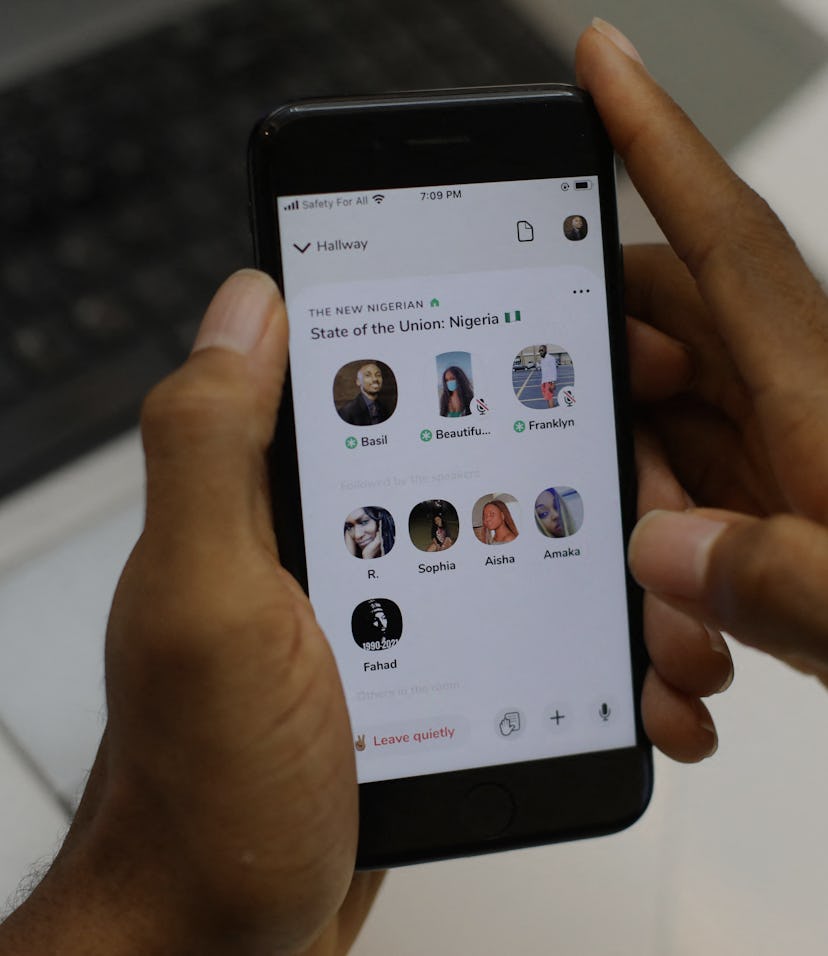Tech
Clubhouse adds DM feature fittingly called ‘Backchannel’
No longer limited to audio, users on Clubhouse can now slide into each other's DMs.

Social audio app Clubhouse has launched a new direct messaging feature. It’s called Backchannel, and works about as you’d expect. Users can send messages directly to their followers, or otherwise request to message other users. Maybe your favorite thought leader said something so provoking it... made you hot and bothered and you feel compelled to tell them about it. Well, for better or worse, now you can.
The new DM feature could be useful for hosts of a room, who might want to coordinate the discussion privately, and listeners can use the feature to submit questions via text. Members participating in a room could also just message each other privately if they want to continue with a lively conversation they were having.
Clubhouse says that direct messaging has been a highly requested feature.
Fad or future? — Clubhouse was something of a pandemic darling, quickly rocketing to 10 million users as it offered a casual way for people to connect from a distance in audio chatrooms while the physical world was largely shutdown.
Talking via voice offers other benefits over text, like more nuanced communication. But the service saw a big drop in downloads in April, and only surged again when it launched on Android a month later. It’s added eight million users since then, according to the company. So it’s not safe to count Clubhouse out yet, yet it’s unclear whether the boost in downloads is a temporary result of Android users giving the app a try.
The biggest skepticism is around whether Clubhouse will have staying power now that people can go to bars after work again. Clubhouse conversations happen in real-time and aren’t recorded, so if you miss it, you can’t listen later. But with lockdown restrictions lifting, people probably don’t have as much time or inclination anymore to sit down and participate in a long audio discussions. Recording them doesn’t seem great either because the fun is in participating.
There have also been concerns about hate speech and misinformation on Clubhouse; the company is working on a way to report individual rooms.
Feature-ized — Clubhouse also faces headwinds in competition coming from a whole host of more powerful tech companies including Twitter and Facebook, both of which have developed nearly-identical services as mere features within their platforms. And those companies already have built-in audiences that could adopt the products and quickly make them larger than Clubhouse.
If you already have a large following on Twitter, why not just use its audio chatroom product? Of course, there’s always the risk that if it doesn’t see enough uptake Twitter will kill Spaces, just like it did with Fleets. Clubhouse’s singular focus could be a strength.